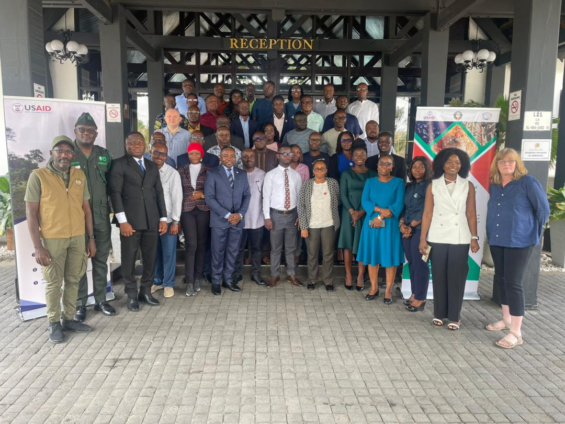The United States Agency for International Development’s (USAID) West Africa Biodiversity and Low Emissions Development (WABiLED) program has concluded a comprehensive three-day training workshop aimed at engaging private transport and finance sector stakeholders in combating wildlife crime.
The training workshop brought together over 40 participants including representatives from key financial institutions and transportation companies operating at Ghana’s seaports and airports, alongside national law enforcement officials tasked with tackling wildlife trafficking.
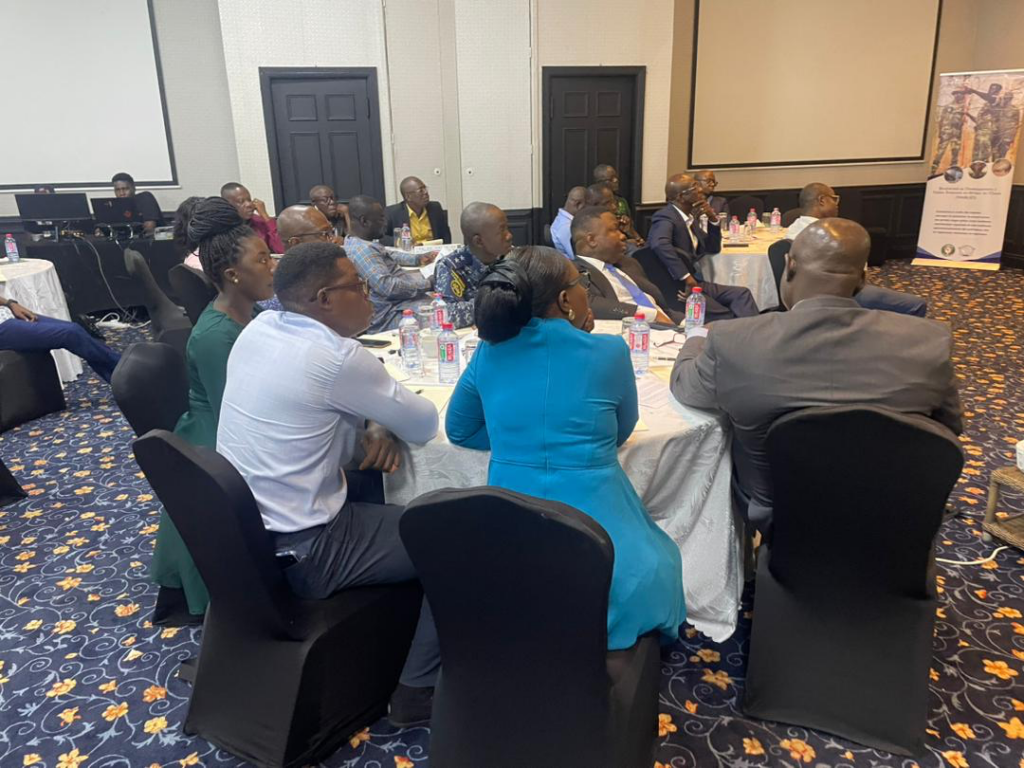
This initiative follows similar workshops successfully held in other West African nations.
This collaborative workshop underscored the unwavering commitment to fighting wildlife crime within the framework of the ECOWAS Commission’s recently adopted West Africa Strategy to Combat Wildlife Crime (WASCWC).
The WASCWC emphasises regional coordination through the establishment of national wildlife crime task forces to dismantle illegal wildlife trade networks across the region.
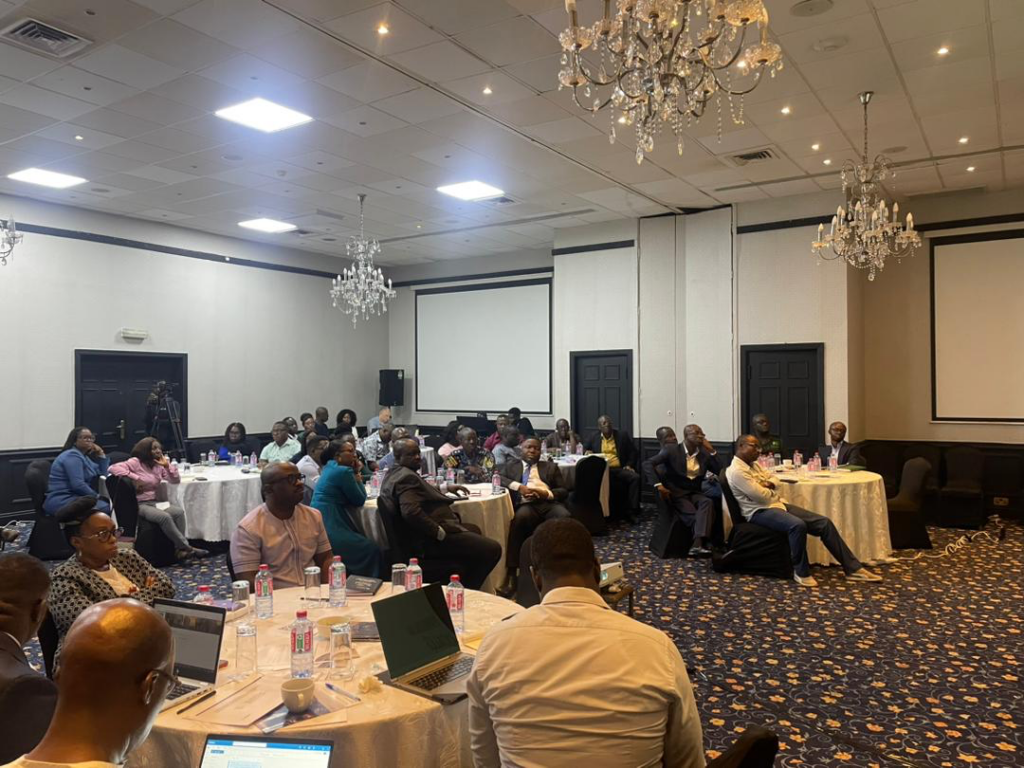
The primary objective of the training workshop was to equip participants from the finance and transport sectors with a deeper understanding of wildlife trafficking, their crucial role in combating this illicit activity, and the tools and mechanisms at their disposal to achieve this.
Wildlife trafficking remains one of the world’s most profitable illegal trades, posing a significant threat to Ghana’s biodiversity, national security, economic stability, food security, and public health.
Trafficking routes for wildlife often overlap with those used for smuggling weapons, laundering money, and trafficking drugs and people, further jeopardising national security.
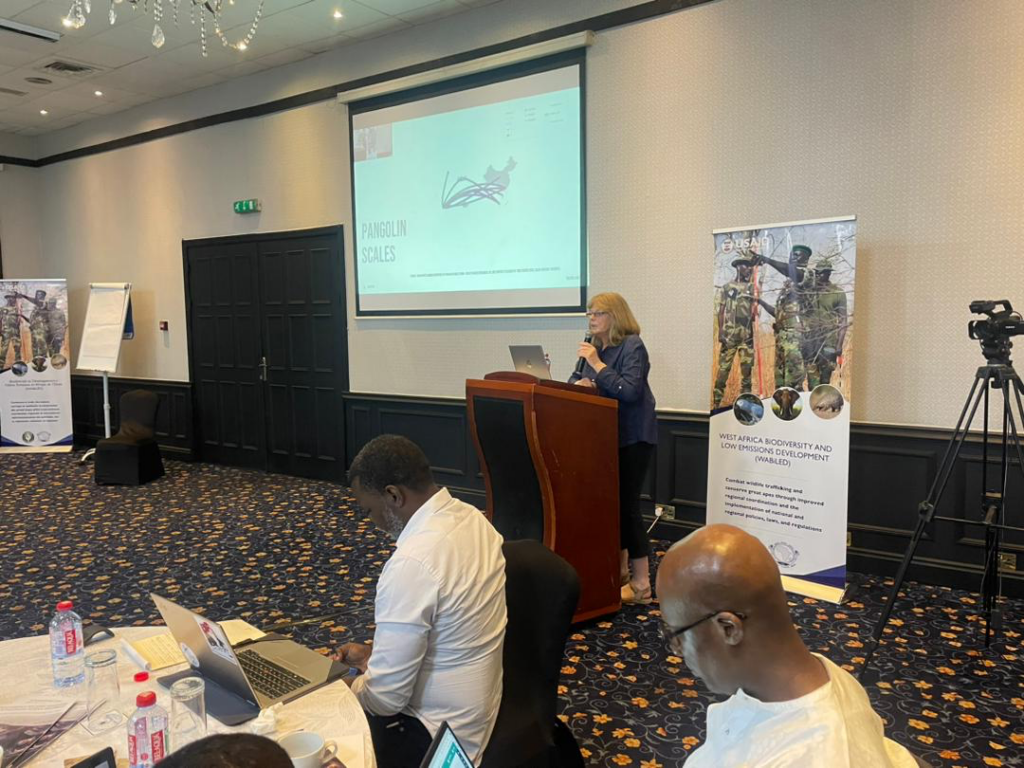
The training aimed to bolster the capacity of both private sector actors and law enforcement agencies to effectively identify, document, investigate, prosecute, and report wildlife crimes, adhering to the principles of the Convention on the International Trade in Endangered Species of Wild Fauna and Flora (CITES), a Convention that Ghana has ratified and actively implements.
Key topics covered during the workshop included wildlife trafficking trends and methods, money laundering, integrating human rights considerations into wildlife enforcement, cooperation with law enforcement, and reporting suspicious activity.
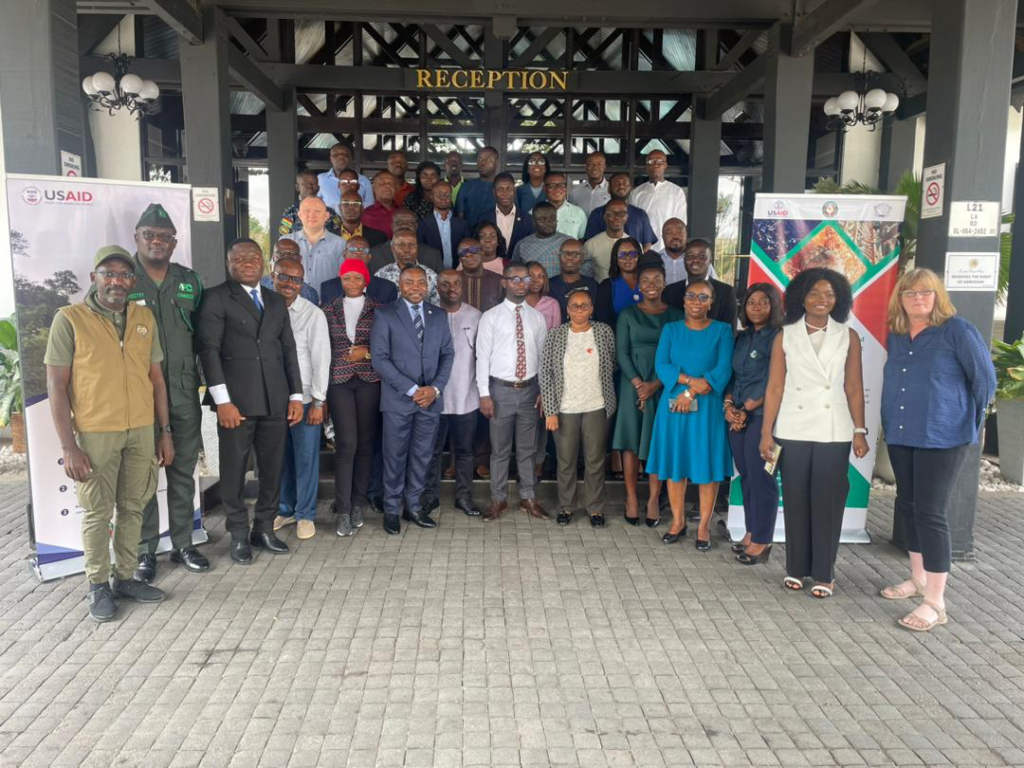
The training also provided a platform for participants to share experiences and best practices in tackling wildlife trafficking.
“Ghana plays a critical role in combating wildlife crime, both nationally and regionally,” emphasised Michael Balinga, Combatting Wildlife Trafficking Lead for WABiLED.
“While law enforcement agencies have made significant strides, their efforts require the active participation of the transport and financial sectors to effectively disrupt wildlife trafficking networks in Ghana.”
Underscoring the importance of both national and regional level coordination, this training workshop model was previously held in Nigeria, Liberia, and Togo and will be organised soon in Côte d’Ivoire.
The overarching goal is to streamline and strengthen the region’s collective capacity to combat wildlife crime, aligning with the objectives outlined in the WASCWC.
Latest Stories
-
‘In Mahama’s era students lacked chalk, but are now receiving tablets’ – Bawumia
8 mins -
Project commissioning not a ploy to attract votes – Oppong Nkrumah
9 mins -
CBG records GH¢1bn revenue in Q3
12 mins -
Mahama vows to create an agro-processing zone in Afram Plains
26 mins -
Political parties should plan for losses, not just wins – IGP advises
27 mins -
524 Diasporan Africans granted Ghanaian citizenship in ceremony
29 mins -
Mahama urges Afram Plains North residents to avoid ‘skirt and blouse’ voting
31 mins -
Asantehene receives more 19th century gold ornament and regalia
38 mins -
Hohoe Ghana Blind Union organises training for members ahead of Election 2024
44 mins -
Alan Kyerematen reveals his future plans for Ghanaian Health professionals
45 mins -
AAIN empowers women and small enterprises in Upper East Region through SHINE project
46 mins -
Akufo-Addo leads nationwide commissioning of 80 educational projects
53 mins -
Ghana and Seychelles strengthen bilateral ties with focus on key sectors
1 hour -
National Elections Security Taskforce meets political party heads ahead of December elections
1 hour -
Samsung’s AI-powered innovations honored by Consumer Technology Association
2 hours

